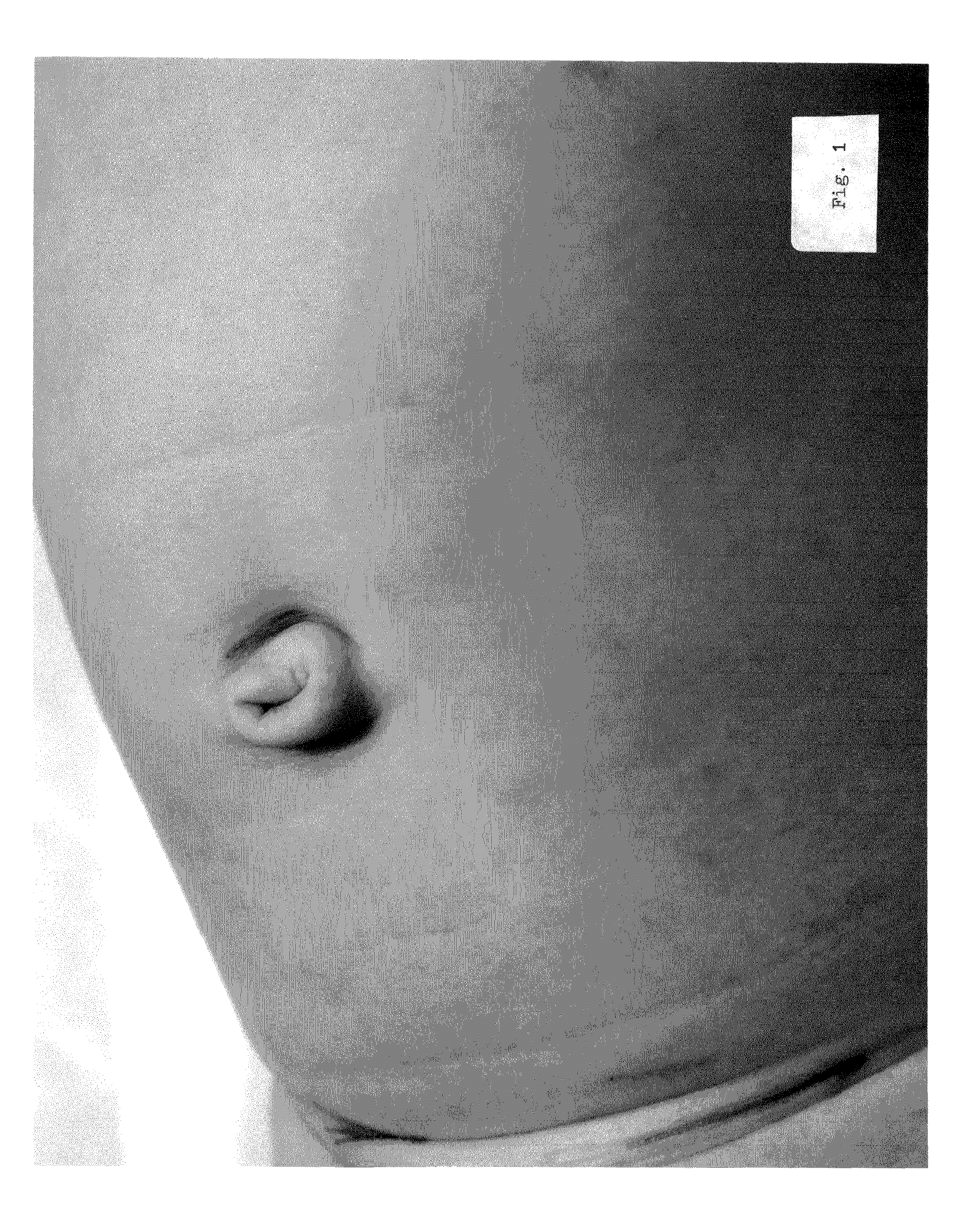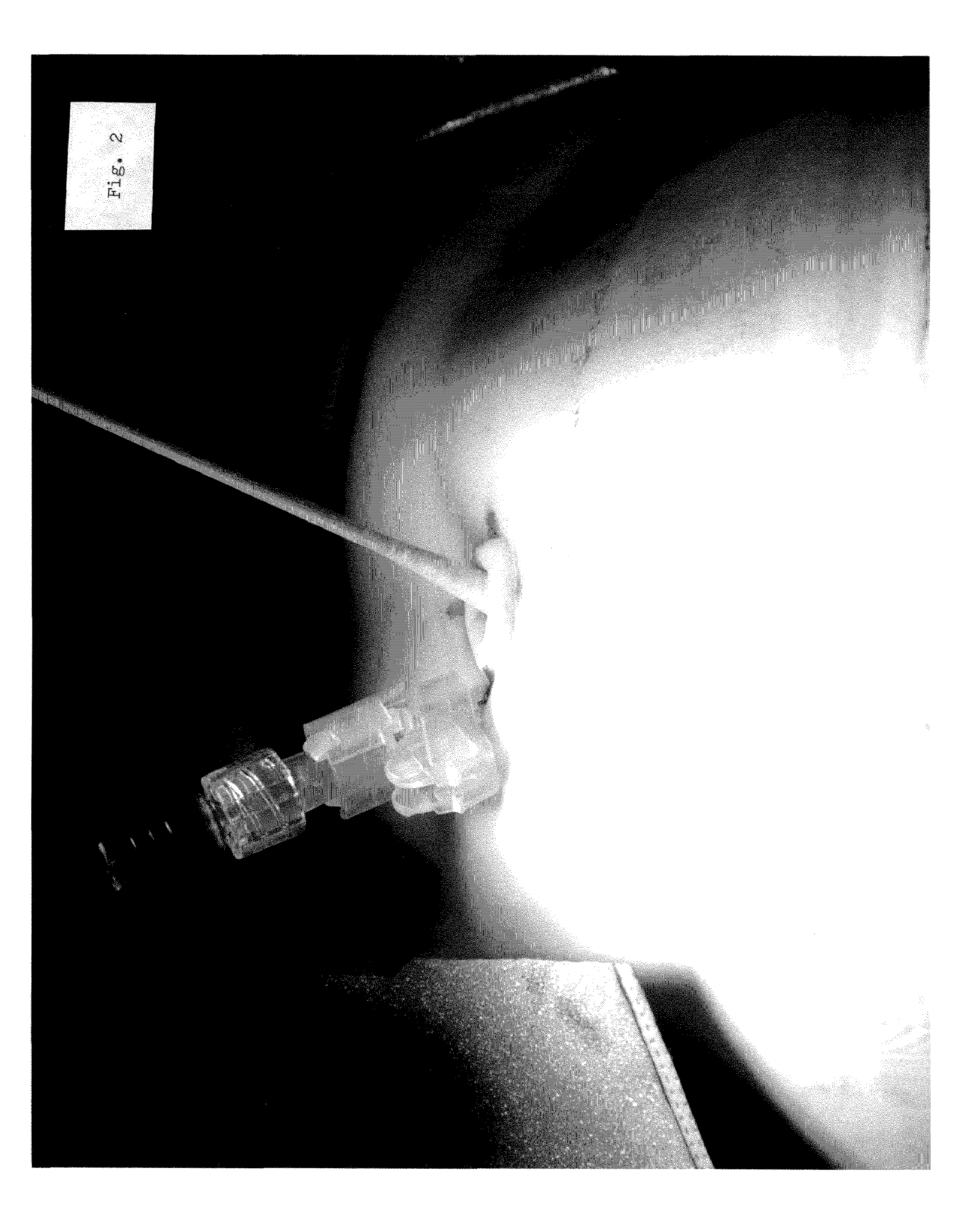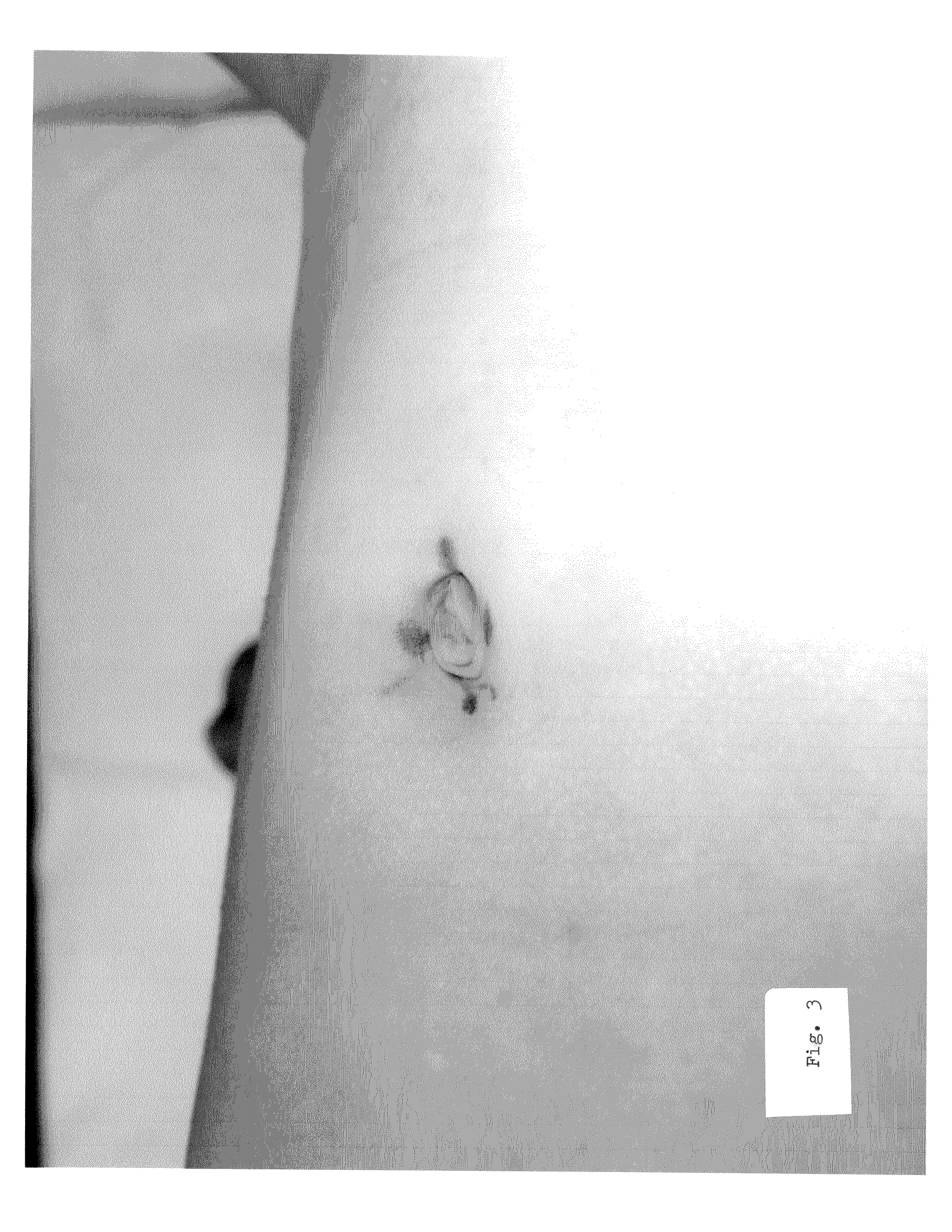Minimally invasive clinical treatment method for closure of umbilical hernias
a clinical treatment method and umbilical hernia technology, applied in the field of minimally invasive clinical treatment method for the closure of umbilical hernia, can solve the problems of limited range of biologically active substances which can be incorporated into the composition of cross-linked polysaccharide gel, and does not provide or form collagen/elastin subsequently found, etc., to achieve the effect of strengthening the adhesion of the anchored biomaterial
- Summary
- Abstract
- Description
- Claims
- Application Information
AI Technical Summary
Benefits of technology
Problems solved by technology
Method used
Image
Examples
Embodiment Construction
[0062]The subject matter as a whole comprising the present invention is an entirely unique and unforeseen medical treatment method and alternative to conventional surgery operations and routine surgical techniques. The applications can be used for the in-vivo closure of lumens and voids which naturally occur and exist internally within the soft connective tissue and organs of the living human body; can be employed to advantage for the closure of hernias generally; and is centered upon the closure of umbilical hernias specifically.
I. The Minimally Invasive Clinical Methodology
[0063]The Steps of the Clinical Treatment Procedure:
[0064]The present invention is a new percutaneous closure method which is expected to be employed under reasonable and realistic clinical treatment conditions. The closure methodology therefore preferably follows a proper clinical routine, which typically includes the following acts:
[0065]As a preliminary matter, the physician or surgeon should place the living...
PUM
| Property | Measurement | Unit |
|---|---|---|
| diameter | aaaaa | aaaaa |
| particle size | aaaaa | aaaaa |
| diameter | aaaaa | aaaaa |
Abstract
Description
Claims
Application Information
 Login to View More
Login to View More - R&D
- Intellectual Property
- Life Sciences
- Materials
- Tech Scout
- Unparalleled Data Quality
- Higher Quality Content
- 60% Fewer Hallucinations
Browse by: Latest US Patents, China's latest patents, Technical Efficacy Thesaurus, Application Domain, Technology Topic, Popular Technical Reports.
© 2025 PatSnap. All rights reserved.Legal|Privacy policy|Modern Slavery Act Transparency Statement|Sitemap|About US| Contact US: help@patsnap.com



